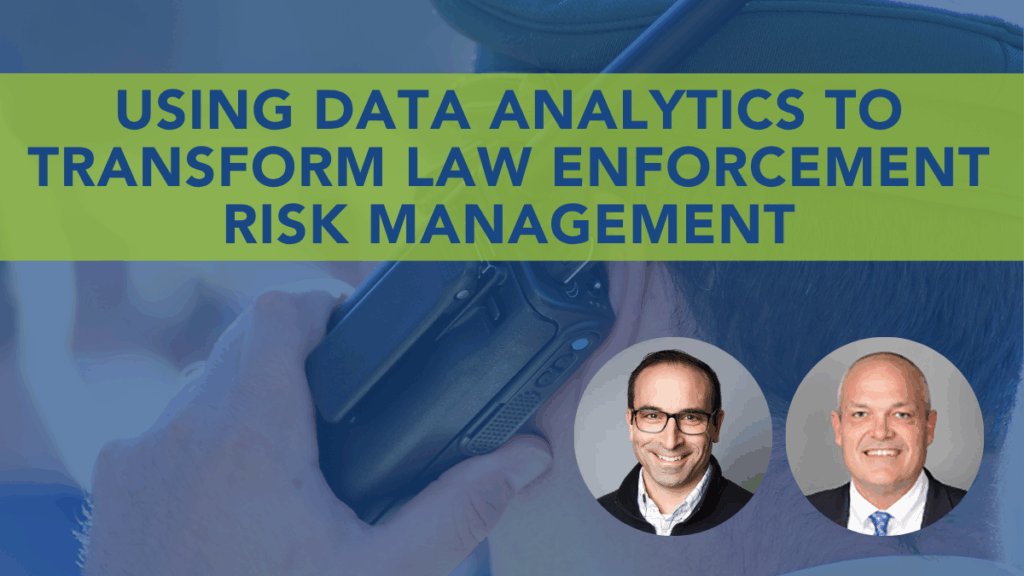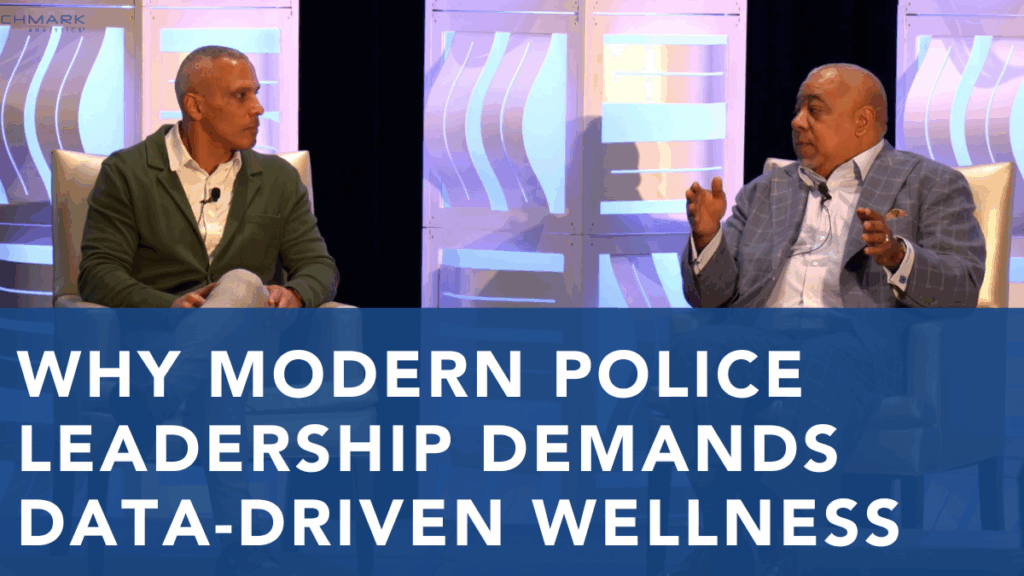Higher Education and Law Enforcement Officer Training
Posted
July 15, 2021
Share:
Calls for policing reform, the adoption of new law enforcement technologies, and changing community needs all require high standards in officer training and education. Put simply, as citizens and policy makers ask more of law enforcement agencies, additional training and greater education for officers is required. This is nothing new in the world of law enforcement. Since the professionalization of policing nearly 200 years ago, training and ongoing education have been one of the defining features of law enforcement and have generally been a marker of its progression as a profession over the years.
Now two decades into the 21st century, the way law enforcement training is thought of has advanced past simply academy and field training. Mirroring the rest of the country, experience in higher education, whether it is a two- or four-year degree, is increasingly seen as a valuable qualification. This is especially true in law enforcement in which, during any given shift, an officer may be required to draw on skills from the fields of psychology, sociology, social work, criminology, law, and much more. Higher education gives an officer a broader selection of not only tools but experiences to draw on to better equip themselves for this reality.
Looking Back
As explained in detail in a 2020 IACP Leadership Series conversation between Bill Bratton and Benchmark Analytics CEO Ron Huberman, policing in the United States has constantly evolved to better suit the needs of the society it serves. As the country grew in the 19th century and the Industrial Revolution took hold in American cities, a population shift occurred along with a shift from a largely agrarian society to a more industrialized one. Driven by new technology and a changing economy, people sought newly created jobs near urban centers. With many American cities seeing rapid growth, a need for law and order surpassed what volunteer constables and night watchmen could reasonably provide.
These societal changes spurred by the Industrial Revolution occurred on the same scale but earlier in the United Kingdom. Recognizing the need to rethink the role and scope of policing, Home Secretary Sir Robert Peel, now widely thought of as the father of modern policing, established the Metropolitan Police Force in London in 1829. Most notably, this moved policing away from informal, volunteer units to a trained and professional force. These ideas spread quickly to the United States and in the following years with most major cities professionalizing their departments in the next two decades.
Reform as a Constant
“The Reform Era” of policing is generally thought to have started in the 1930s when both internal and external factors led to another major shift in how departments functioned. The Evolving Strategy of Policing, a landmark study jointly published by Harvard University and several federal law enforcement agencies, describes this era as when police departments became “law enforcement agencies” — in that the training, services, and operational scope once again moved further towards uniform standards. This era continued through the 1970s. During this time, things like emergency medical transport and social services, once provided in one way or another by police departments, were delegated to more specialized professionals (EMTs, social workers). Advances in technology, most notably 911 dispatch, changed not only the public perception of police capabilities, but also the demands on officers and their departments.
From the 1980s onward, efforts have been made to develop a more holistic view of crime and how policing addresses it. CompStat brought in a new, analytical frame for viewing and responding to statistics, and researchers used this new wealth of data to understand policing on a more rigorous academic level than had even been pursued before. With the events of September 11, policing once again shifted from a predominantly community-based focus to one incorporating international intelligence-sharing and data gathering.
A Culture of Self-Improvement
What these leaps forward in policing scope, technology, and philosophy all have in common is that they involve greater demands placed on the officers, leaders, and departments charged with enacting them. At the intersection of all of this is an emerging consensus on the benefits for formal education among officers. Additionally, police officers – like social workers and medical professionals – also have a long history of continuing education and training requirements that reflect the profession’s commitment to continual self-improvement.

Beyond simply upholding a tradition of ongoing education and training there is an increasing body of evidence that shows higher educational attainment produces all manner of positive outcomes for police officers, their departments, and, most importantly, the communities they serve. Research over the last two decades, compiled in an article appearing in the October 2020 issue of Police Chief published by the International Association of Chiefs of Police (IACP), has shown that a correlation exists between officers with two- or four-year degrees and “…avoidance of situations that have recently brought so much public criticism of policing, such as the use of force, miscommunication, and accountability”. Further studies add to the body of evidence that officers tend to receive fewer citizen complaints overall, fewer policy violations, and are less likely to be involved with “severe or career-ending” misconduct.
On the more subjective side, it is well-understood higher education plays an important role in exposing students to points of view and experiences unlike their own. It has long been held in the world of higher education that this exposure to different ideas plays a vital role in increasing one’s ability to empathize as well (more on this in a future article). Furthermore, college or university experience is generally thought to improve the critical thinking skills of those who have completed even some curriculum. Studies show as many as 92% of students at large intuitions reporting they’ve made some gains in critical thinking which, in turn, is linked with “higher levels of self-control, analytical thinking, and reduced impulsivity”.
As demands on law enforcement continue to be a part of an ongoing evolution reflecting the changing needs of the communities they serve, officers with a broad scope of knowledge derived from formal educational experience will likely find themselves better positioned to manage these expectations. In conjunction with tactical, hands-on training as well as new approaches to community relations, higher educational attainment has been shown to generally improve law enforcement interactions and outcomes. Though the job of policing has changed dramatically since its professionalization, the need for more rigorous training and higher educational standards is certain to remain a constant.
Look for our next article focusing on new training methodologies focusing on interpersonal relationships and de-escalation.
Related Posts
Ready to Experience the Benchmark Difference?
Benchmark Analytics and its powerful suite of solutions can help you turn your agency’s challenges into opportunities. Get in touch with our expert team today.



